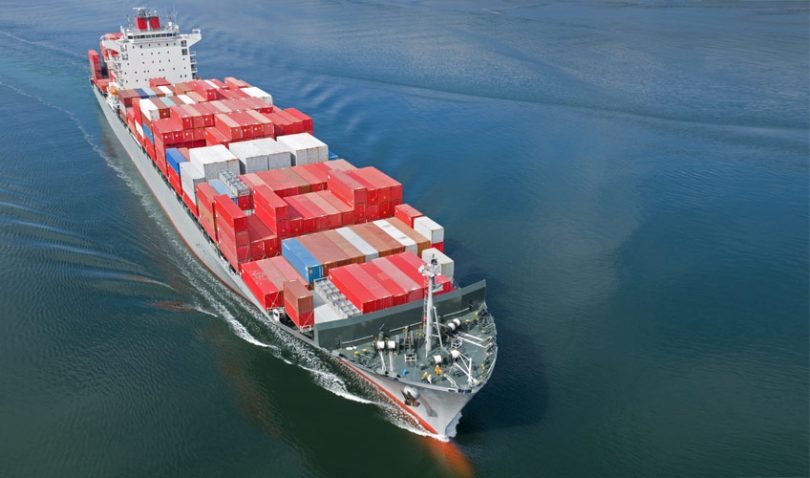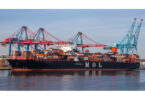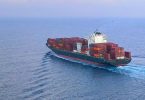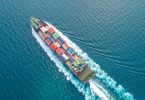The marine industry is one of many aiming to reduce its greenhouse gas (GHG) emissions by using greener marine fuel to power tankers. As part of a biofuel trial, on January 30th shipping company NYK “bunkered” or stored biofuel in the tanks of a BHP chartered vessel at the port of Rotterdam, Netherlands. The pilot was in collaboration with biofuel company GoodFuels and tracked by blockchain company BLOC.
The biofuel is produced from waste oils such as cooking oil and is considered carbon-neutral. Plus the sulfur oxides from biofuels are lower than conventional fossil fuels.
This is the second trial involving BLOC and GoodFuels, after an initial test in September.
“The bunker industry – with its multiple large volume transactions, and history of fraudulent claims – provides an ideal platform to examine where blockchain’s digital platform can be utilised to increase transparency, and create better compliance and strong governance,” said Deanna Macdonald, CEO, BLOC, in September.
That transparency means data can be shared between shipowners, shippers and charterers tracking the fuel from storage, to barge or jetty and into the fuel tank.
At the first pilot in September, Dirk Kronemeijer, CEO and Founder, GoodFuels Marine, said: “For too long shipping has been relying upon paper transaction notes when bunkering, which expose shipowners, shippers and charterers to the potential of being misled on the quality and quantity of fuel. At GoodFuels, we are always striving to break convention – not for the sake of it, but because in this era there is no technological barrier to providing customers better assurance.”
He continued: “In addition, for GoodFuels Marine, as the world’s first supplier of sustainable ‘drop-in’ marine biofuel, we realise we have to go beyond current standards to ensure traceability.”
BLOC has also collaborated with Lloyds Register to form the Maritime Blockchain Labs (MBL)consortium and both pilots are MBL initiatives.
Other marine initiatives
Outside of MBL, five months ago Lloyds Register announced a prototype of a blockchain-enabled register. The purpose of the registry is to classify ships by type and condition for insurance and also for anyone looking to charter the ship.
The maritime sector is experiencing significant blockchain activity. In insurance, there’s the EY/Maersk blockchain insurance platform and another by NTT Data. But the majority of the projects revolve around tracking container shipments including the IBM/Maersk TradeLens project, the CargoSmart initiative with five of the world’s largest container carriers, as well as freight forwarder Kuehne + Nagel which is working with Accenture.







